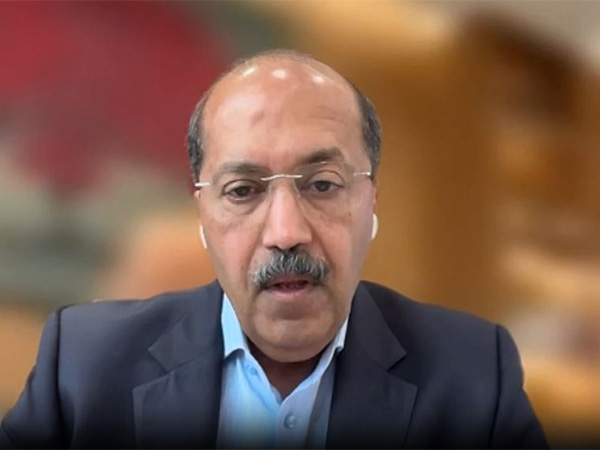India-UK FTA: A New Horizon of Opportunities
The India-UK Free Trade Agreement (FTA) offers a pivotal opportunity for India, stresses Sanjay Nayar of ASSOCHAM. While the government has laid the groundwork, Nayar calls for the private sector to focus on quality and innovation to leverage new markets and overcome logistics and compliance challenges.

- Country:
- India
The recently signed India-UK Free Trade Agreement (FTA) is being hailed as a significant opportunity for India's economic landscape. Sanjay Nayar, President of ASSOCHAM and Founder-Chairman of Sorin Investment Fund, has emphasized the crucial role of the private sector in maximizing this potential, highlighting that the government has already paved the way by handling substantial initial efforts.
In an interview with ANI, Nayar pointed out the need for Indian companies to transition from cost-based competition to prioritizing quality, innovation, and adherence to global compliance standards to capitalize on new trade opportunities with developed nations. The CETA has reduced tariffs on 99% of goods, offering a level playing field that requires strategic shifts to succeed in developed markets.
Nayar noted that sectors such as defense startups, med-tech, and agro-tech stand to gain considerably from the FTA. However, he warned that entering developed markets would require private companies to significantly invest in compliance and certification processes to meet international standards.
Despite the optimistic outlook, challenges persist in logistics costs and production factors, which still disadvantage Indian exporters. Nayar commended the government's PM GatiShakti program, aimed at addressing these infrastructure bottlenecks, and suggested further targeted support for MSMEs, which are crucial to supply chains.
Expressing concerns about the private sector's commitment to scaling operations, Nayar highlighted tepid responses to previous government incentives and emphasized the need for genuine market presence in the UK, including forming partnerships, establishing local offices, and investing in joint ventures.
Nayar acknowledged the documentation burden, particularly for smaller companies, and suggested that government and chamber of commerce support could aid MSMEs in navigating complex requirements. Despite challenges, he praised the government's efforts in creating a mutually beneficial agreement that aligns with India's long-term vision.
(With inputs from agencies.)
ALSO READ
India Gears Up For Nuclear Ambitions With Private Sector
Goa govt working on policy regarding employment for locals in private sector: CM
AfDB and CFC Forge Private Sector-Led Strategy to Accelerate AfCFTA Gains
Low-cost finance, leveraging private sector key to improve feasibility of n-projects: PK Mishra
Vaishali Nigam Sinha: Trailblazing First Private Sector President of UNGCNI










